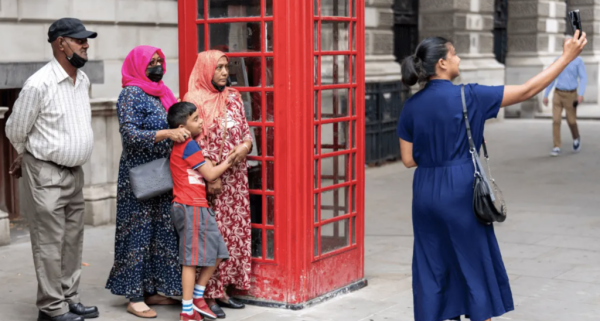


The UK government has introduced sweeping immigration reforms under the policy titled ‘Restoring Control Over the Immigration System’. With net migration soaring in recent years, these proposals aim to curb inflow—especially of low to medium-skilled foreign workers and international students.
Medium-skilled jobs (RQF Level 3) will no longer be eligible under the Skilled Worker visa unless the sector proves domestic shortages and gets an exemption. This will reduce the number of occupations accessible to overseas professionals.
One of the biggest impacts: employers will no longer be allowed to recruit care workers from abroadending a key pathway used heavily post-Brexit to address staff shortages in social care.
A new levy on universities earning from international students will make education costlier. Institutions may pass this cost onto students, raising the financial barrier for studying in the UK.
Universities will face tougher compliance standards to retain student visa sponsorship rights. This could potentially reduce the number of institutions eligible to host international students.
The Graduate Visawhich currently allows students to stay in the UK for two years post-study, will be reduced to 18 monthsoffering a shorter window to find employment or switch visas.
Language requirements are being raised from B1 to B2 for Skilled Workers. Adult dependents of workers and students will now require A1 level proficiency to enter the UK, aligning with partner/spouse visa standards.
The qualifying period for permanent residence (indefinite leave to remain) is set to double from 5 years to 10 yearsexcept for some cases under special criteria yet to be finalized.
In a rare pro-immigration move, the UK will make it easier to enter via Global Talent and High Potential routesreflecting a shift towards attracting highly skilled migrants.